In late July 2019, Environmental Law Institute attorneys completed an assessment of Mexico’s legal framework regulating small-scale fisheries management. Sustainability in small-scale fisheries is important for food security, biodiversity conservation, gender engagement and equity, and local and national economic growth. The report underscores the need to ensure participation of fishing communities in fisheries management and enforcement to achieve these objectives. ELI plans to expand the legal research by incorporating information on state and local-level regulations and ongoing and/or proposed policy reforms in Quintana Roo and Yucatan.
Related Posts
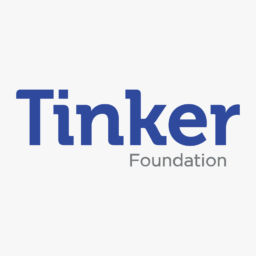
Learn more about the launch of our new website.

Most foundations in the United States do not accept unsolicited funding requests. Why does Tinker?
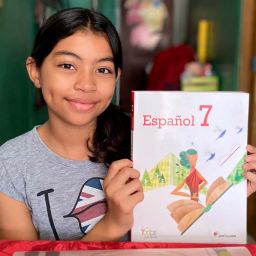
As we approach the third year of the pandemic, the Tinker Foundation announces funding to 12 organizations working to ensure equitable access to education.
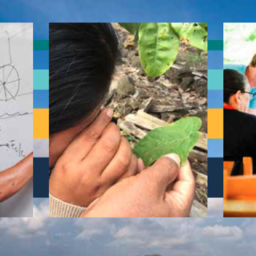
This document provides information on the origins, activities, philosophical underpinnings, and initial progress of the Education for Sustainability in Galapagos Program (ESG).
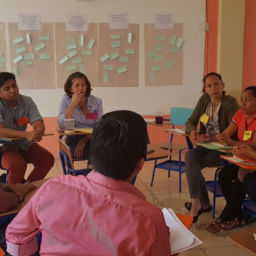
The Population Council partnered with the General Directorate for Alternative Education—DIGEEX—of the Ministry of Education of Guatemala to improve access, quality, and bring secondary education closer to communities.

This project led by Espacio Público encompassed a study of major corruption cases in four countries –
Argentina, Brazil, Chile, and Guatemala – to identify factors that enable effective administration of justice, as well as recommendations for each country and the region.
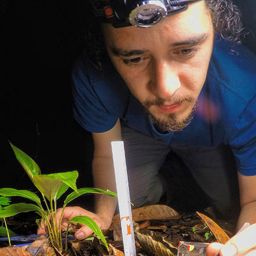
The Foundation is delighted to announce the launch of the Tinker Field Research Collaborative in partnership with 15 U.S. universities.
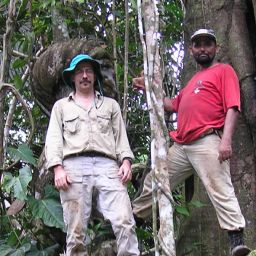
The director of the New York Botanical Garden’s Institute of Systematic Botany recounts the challenge of protecting critical Amazon forests amid a pandemic and an alarming spike in deforestation.
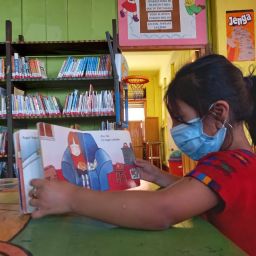
The Tinker Foundation announces 11 new grants that demonstrate its commitment to educational equity during the pandemic.
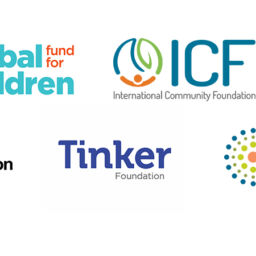
Tinker is pleased to announce its participation in RECARGA, a funder coalition to support public education systems in Central America as they rebound from the COVID-19 pandemic.

This post was first published in Philanthropy News Digest in July. (Photo by Kelli Tungay on Unsplash)
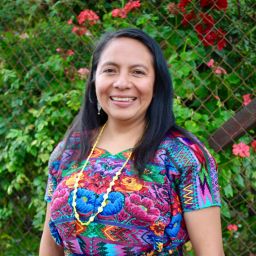
We interviewed Elvia Raquec, Programs Director at Women’s Justice Initiative, who oversees the expansion of the organization’s work to new communities..

As the global coronavirus pandemic takes hold in Latin America, civil society organizations are stepping forward with speed and resourcefulness.
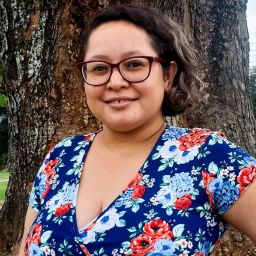
Hablamos con Dunia Perdomo, Coordinadora General de Proyectos en OYE, sobre su respuesta institucional frente a la pandemia y dos huracanes devastadoras en el 2020.
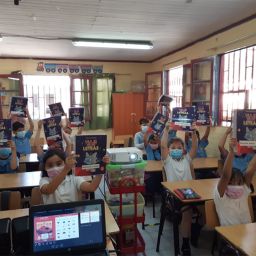
Loreto Iglesias tells us how the Fundación Educacional Crecer con Todos drew on their many years of experience to address school closings in Chile.